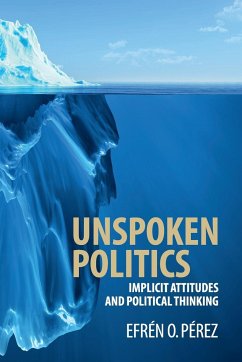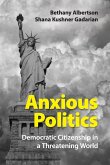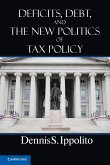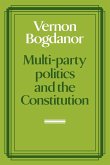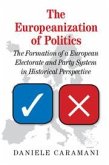This book explains why people acquire implicit attitudes, how they affect political thinking, and where in the mass public they have their strongest - and weakest - influences. A theoretically ambitious book, Unspoken Politics establishes that implicit attitudes exist outside the tightly controlled confines of the laboratory, showing that they emerge in a public opinion survey setting, which underlines their real-world impact. It also lays bare, in painstaking detail, the mechanics of a leading measure of implicit attitudes, the implicit association test (IAT). Accordingly, it outlines the strengths and limitations of this measure, while providing an illustration of how to develop an IAT for one's own purposes. By explaining how to analyze and interpret the data produced by the IAT, this book leads to a better understanding of people's unspoken cognitions and the impacts these have on the politics that individuals openly profess.
Hinweis: Dieser Artikel kann nur an eine deutsche Lieferadresse ausgeliefert werden.
Hinweis: Dieser Artikel kann nur an eine deutsche Lieferadresse ausgeliefert werden.

